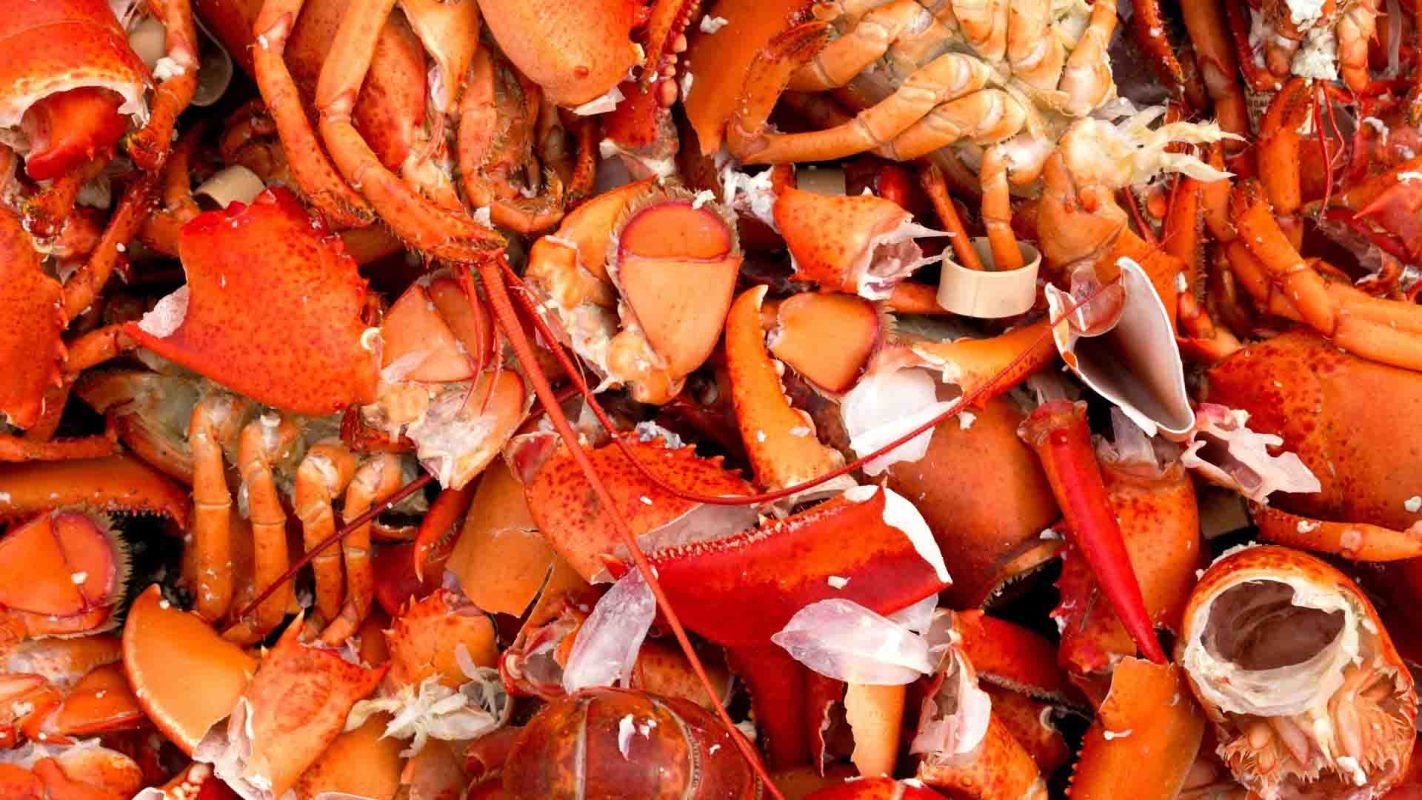Lobster shells and potatoes, which usually only share space together on dinner tables, may soon be in contact at the root of Maine's food supply chain.
In a glorious example of a potential circular economy, one of Maine's primary crops may soon be protected by the shells of the state's crustacean.
Despite many advances in modern-day food production, agriculture can still find itself vulnerable to disease. Potato early dying is a soilborne disease that can wreak havoc on farms and can destroy as much as half of an entire crop in particularly bad cases.
Scientists out of the University of Maine are researching a method to help protect vital potato crops that involves lobster shells, or more specifically, chitin, a material that is the primary component of the crustacean's exoskeleton.
Chitin can be broken down by numerous different kinds of microorganisms and fungi, many of which are beneficial to plants and their roots.
Katie Ashley, who is leading the research, has hypothesized that introducing chitin to the ground soil surrounding potato plants may help foster a sort of bacterial and fungal front line that can help resist harmful pathogens attempting to invade the crop.
This presents a chance to develop a circular relationship in Maine's food supply chain between the robust local fishing sector and the state's potatoes (its primary crop).
"We have these really valuable resources; why aren't we using them yet? This presents an opportunity to connect the potato and lobster industries and utilize shellfish byproducts which would otherwise enter the waste stream," Ashley said of her research.
If Ashley's work bears fruit, it could have massively beneficial economic and environmental benefits. Not only are chemical pesticides one of the biggest expenses for farmers, but they're also devastating to insect populations to an unprecedented (and unsustainable) extent.
Switching to a more eco-friendly alternative would do wonders in making food-production practices more sustainable.
Want more? Follow The Cool Down on Instagram and join our Weekly Newsletter for cool stories and easy tips that save you money, time, and our planet.








